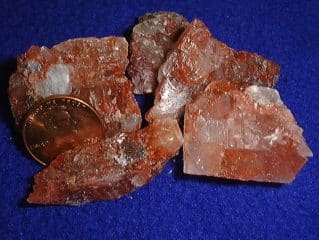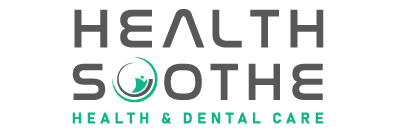Share this post
The name Potash was derived from “pot ash”, which means plant ashes soaked in water in a pot. Potash is the common name given to a group of minerals and chemicals that contain potassium, which is a basic nutrient for plants and an important ingredient in fertilizer.
The word Potassium is derived from potash. Potassium is an important element of the human diet as it is involved in both cellular metabolism and body functions. It is essential for growth and maintenance of tissues, muscles and organs, as well as the electrical activity of the heart.
Studies have shown that potash is the second most popularly used salt in Nigeria.
USES OF POTASH
- Culinary purposes:
- It is usually added to Ewedu and okra soup during preparation.
- Potash is also used for mixing water and oil while preparing local dishes such as Abacha, Ugba and Nkwobi. (Popular delicacies that originated from the south eastern part of Nigeria).
- It is usually used for preparing certain foods to shorten the cooking time.
- Potash is edible, and has a salty taste which is sometimes ashy, with a fine metallic texture.
Although potash is used for certain food preparations, studies have shown that it is not suitable for our health, especially when the food is not cooked. Thus, curtailing the level of consumption is highly advisable. Palm fruit ashes, ashes of roasted peels of unripe plantain and baking soda are healthier alternatives to potash.
- Toothache relief:
It is also believed that potash can be ground and mixed with water before applying on a tooth to relieve toothache. However, it is advised you visit the dentist to find the cause of the pain and have it treated.
- Acts as a preservative:
Potash solution can be used as a preservative.
- Fungicidal properties:
It contains some fungicidal properties thereby making it capable of being used for cleaning and preventing molds and mildews.
- Fire extinguishing purposes:
Studies have shown that potash, which is also known as potassium bicarbonate can be used as a fire suppressant, and can sometimes be found in some dry fire extinguishers.
- Fertilizer production:
Potash is an important fertilizing ingredient that helps to improve crop yield, increase resistance to diseases and heighten water retention.
 ALTERNATIVES TO EDIBLE POTASH
ALTERNATIVES TO EDIBLE POTASH
We’ve all heard lots of stories about how edible potash is not good for us. So, reducing the intake is very advisable and we need to consider any safer ingredient that can be used as an alternative. Some of these alternatives include:
- Burnt palm fruit stalk/plantain skins.
- Baking soda.
SIDE-EFFECTS OF POTASH
- Excessive consumption could lead to its accumulation that could cause severe and irreparable damage to the kidneys as well as disrupt normal body functions, which may eventually lead to death.
- Potash can also cause loss of appetite, weakness, reduced activity level, and weight loss.
- High ingestion of the substance could also lead to liver problems.
- Consumption of potash in high quantity increases the uterine contraction in women, which could induce premature delivery or abortion during the early stages of pregnancy.
- Potash also reduces the protein value in one’s diet.
- Too much intake of potash by men can make them susceptible them to low sperm production.
- The high sodium content in Potash makes it accumulate in the blood, hence triggering high blood pressure. This sole factor makes it unhealthy for consumption by individuals with hypertension.
- High level of potash in foods and drinking water could be harmful to human health.
CAN POTASH BE USED FOR ABORTION?
There is a popular belief that Potash may be used to abort pregnancies. How safe is this? It is true that Potash can actually cause miscarriage in the first trimester of pregnancy because increases uterine contractility in women.
But this does not mean that the use of Potash for abortion is appropriate. Using Potash during early pregnancy can lead to heavy bleeding and have huge negative impacts on one’s health than expected. Therefore pregnant women are highly advised to refrain from taking any kind of potash concoction. If an unwanted pregnancy occurs, it is best to contact the doctor and do not risk your health.

Sanni Muritador is a content writer with years of experience. He started his writing career working for opera news. His hobbies include writing, reading, and playing tennis.
I read anything and everything available so I know so many useful and useless things.
Want to connect with Sanni Muritador? Reach out to him on Facebook @Muritador Sanni.

